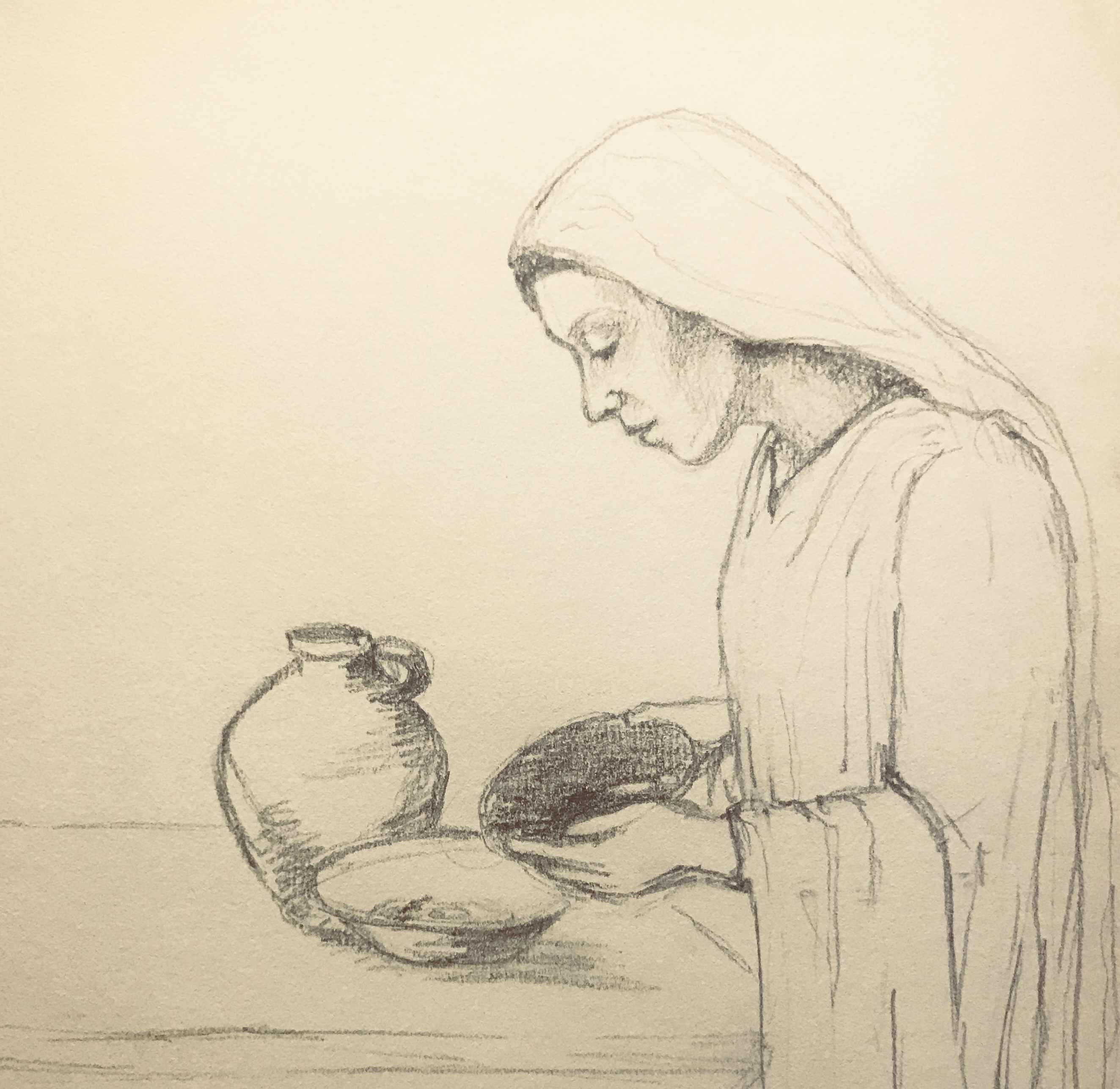A friend reminded me today of an interpretation of this miracle story that I’ve heard before. The basic gist of it is that the miracle of the multiplication of the loaves and fishes was caused not by some supernatural quantitative multiplication of bread and fish, but rather by the fact that people had brought food with them and decided to share. This makes Christ out to be some kind of parental figure who gets his children to not be selfish but share. The miracle story becomes instead a lesson in morality about the importance of sharing. While sharing is important, it doesn’t quite express the freshness of the Gospel – any civilized group of people understands the probable utility and calculated risk involved in sharing; no need for the Gospel there.
Tuesday of the Tenth Week in Ordinary Time

At first glance the story about the widow in Zarephath seems a bit harsh, perhaps too demanding. How could God expect someone on the point of starvation to provide what would be their last meal to a stranger? Why would He ask someone to do such a thing? It reminds us of Abraham who is asked by God to offer his only son Isaac. When it is God Himself who asks, obedience must be understood as access to true happiness. God gives us these stories to remind us that we cannot discern what we ought to do without consulting Him, His Word, His prophets.

